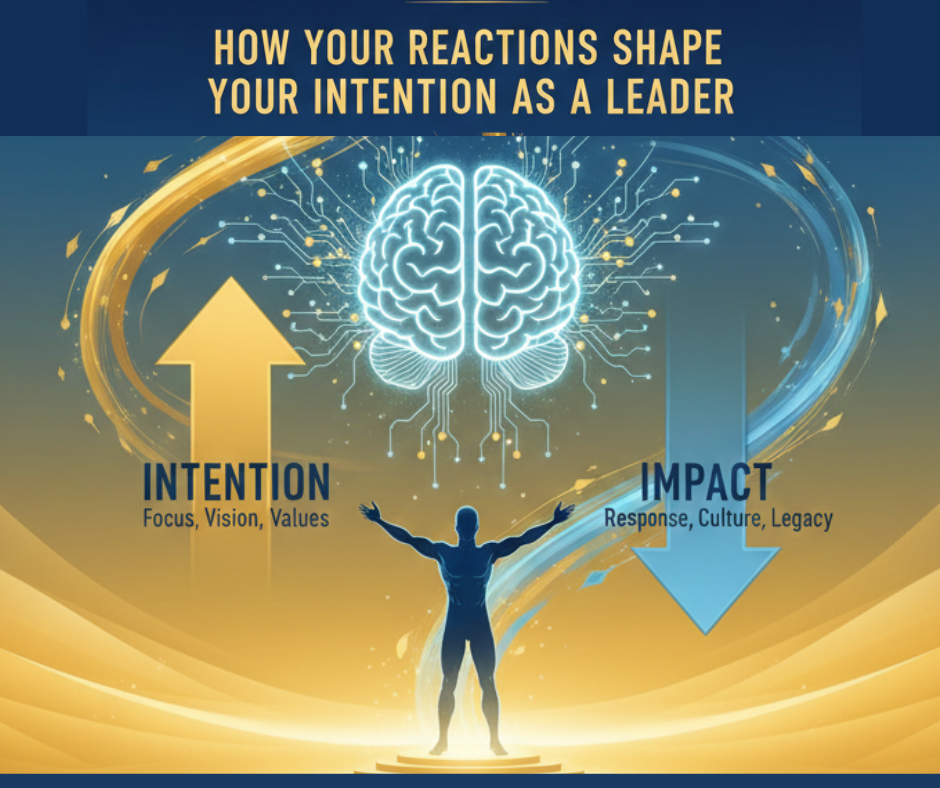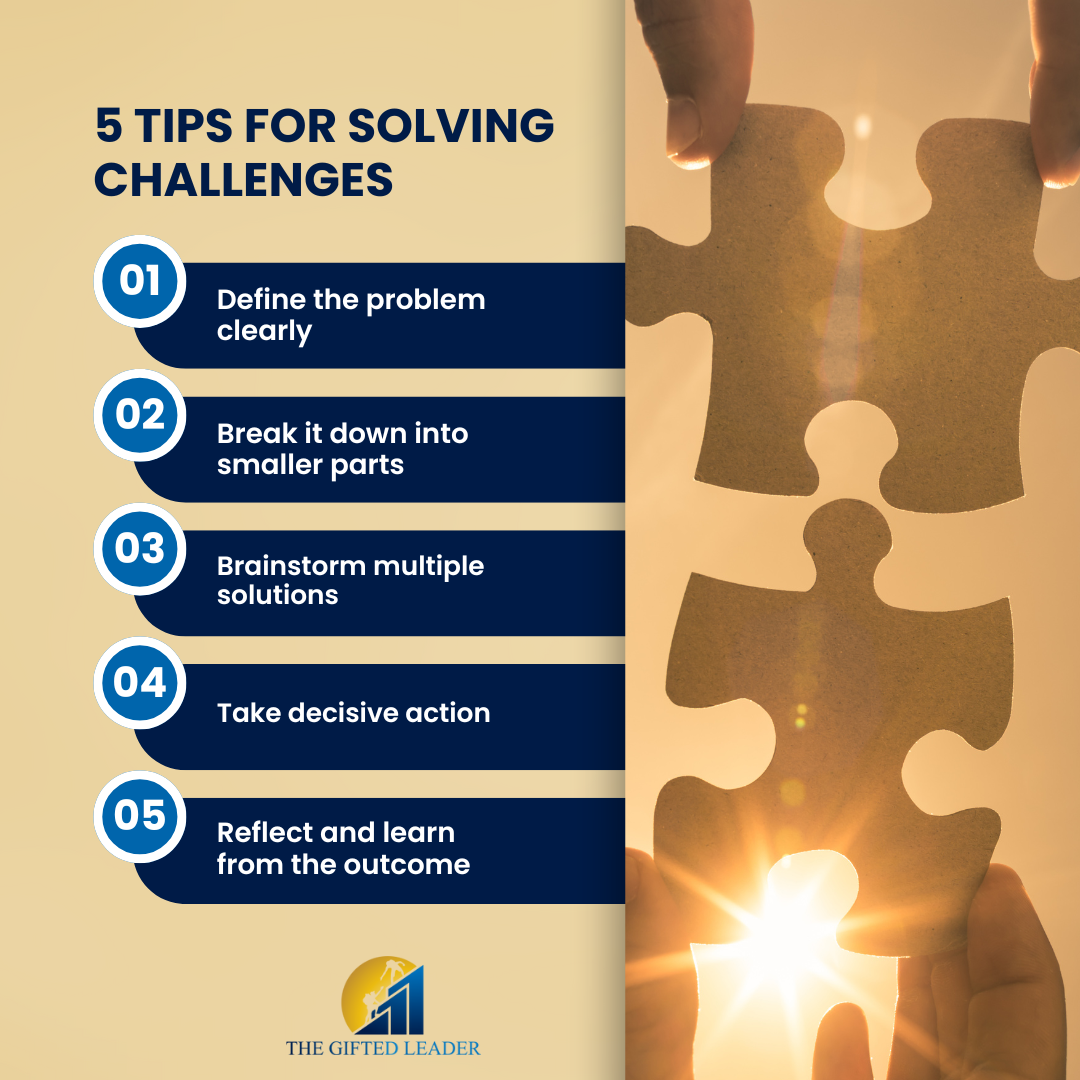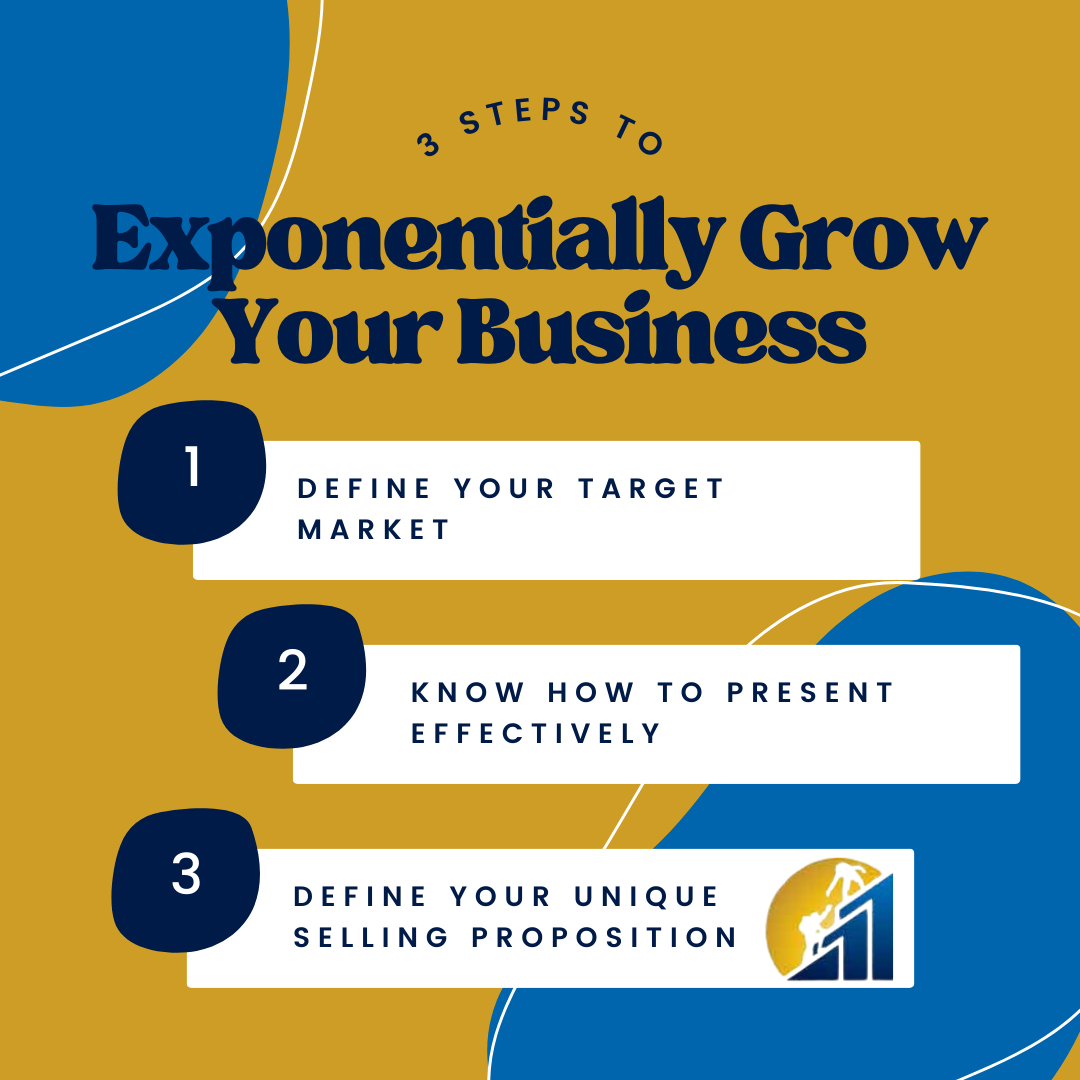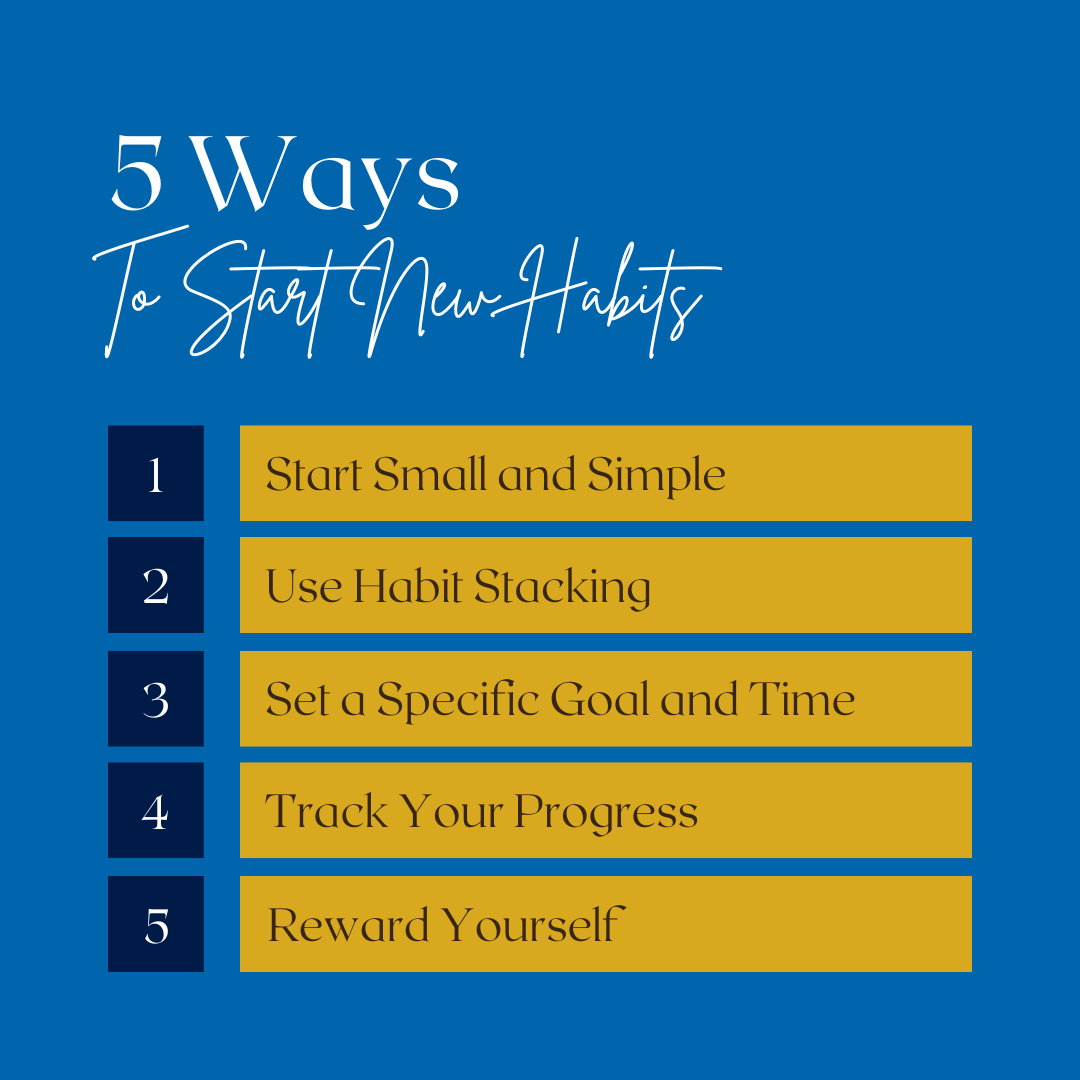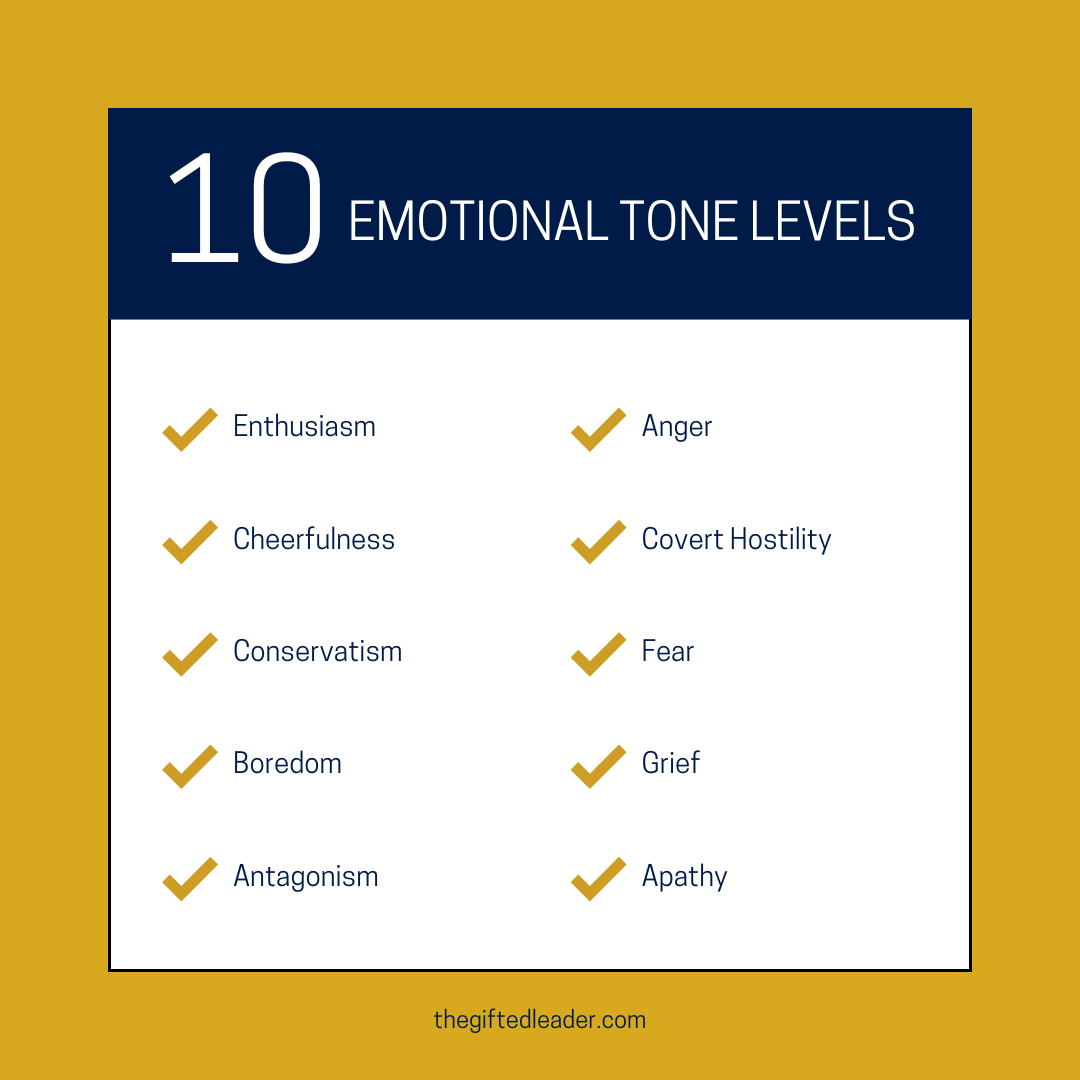
Blog
The Gifted Leader's Edge: Fueling Team Success Through Strategic Networking
For the Gifted Leader, this means understanding that your greatest asset isn't just your knowledge, but your network.
The Transformative Power of Thankfulness: Redefine Your Mindset and Happiness
Gratitude is a powerful emotional and psychological practice. It sets your mood, shifting your focus from what’s lacking to what you already have, and promotes a more positive mindset and greater contentment. It boosts your emotional well-being, strengthens relationships, and builds resilience by helping you appreciate life’s everyday blessings.
Unlocking the Power of Affirmations
Unlocking the Power of Affirmations: How to Rewire Your Mind for Success Affirmations are more than feel-good phrases or motivational quotes—they’re a powerful, science-backed tool for reshaping your mindset and creating real, lasting change in your life. At their core, affirmations work by reprogramming your subconscious mind. They interrupt old patterns, challenge limiting beliefs, and replace them with empowering thoughts aligned with the life you want to create.
How Often Should I Say Affirmations?
If you’ve ever wondered, “How often should I say affirmations?”, you’re not alone. Many people begin their affirmation journey with excitement but quickly lose momentum because they aren’t sure how often or when to repeat them. The truth is, the frequency of saying affirmations depends on your goals and personal preferences, but one thing remains constant: consistency is key.
How Affirmations and Resolutions Work Together for Lasting Success
How Affirmations and Resolutions Work Together for Lasting Success
Every new year—or any fresh chapter in life or business—invites the opportunity to grow, reset, and realign. We make resolutions to improve performance, strengthen relationships, or create better habits. Whether it’s setting clearer goals for your business or committing to more balance in your personal life, resolutions represent your commitment to growth and progress.
The Fast Track to Problem-Solving: Learn from Experience
Learn from Experience: How to Overcome Challenges by Studying Those Who’ve Done It Before
Overcoming challenges—whether personal, professional, or entrepreneurial—requires more than luck or talent. It takes a systematic approach, the right mindset, and a willingness to learn. One of the smartest ways to solve problems faster is to learn from those who’ve already faced and overcome similar obstacles.
Identifying Your Target Market
Identifying your target market is a critical foundation for building a thriving business. Understanding exactly who your ideal customers are allows you to design products, services, and marketing messages that truly resonate with them. Not sure where to begin? Here are some practical tips to help you define and reach your target market effectively.
How Simple Habits Achieve Remarkable Results
How Simple Habits Achieve Remarkable Results
Big goals often get all the attention — but it’s the small, consistent actions you take every day that create lasting success. Whether you want to grow your business, improve your health, or become a stronger leader, the secret lies in the power of simple habits. These small routines harness the principle of compound growth — the idea that tiny improvements made consistently add up to extraordinary results over time.
How to Choose Your Ideal Clients
Choosing your ideal clients involves narrowing down your target market to the specific types of customers who align best with your business goals and values.



